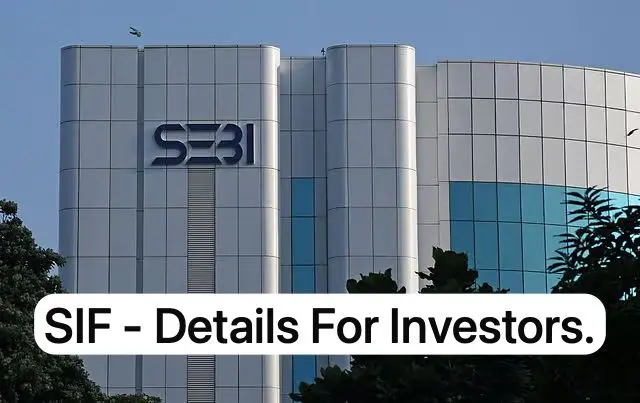As India’s capital markets expand and diversify, the Securities and Exchange Board of India (SEBI) has reinforced investor confidence through a comprehensive regulatory ecosystem. With the recent launch of Specialized Investment Funds (SIFs) in 2025, India now boasts a more dynamic investment landscape offering advanced options to high-net-worth individuals (HNIs) while safeguarding investor interests through clear compliance structures and grievance redressal mechanisms.
Mutual Funds Remain the Cornerstone of Retail Investment with High Transparency and IPF Coverage
Mutual Funds (MFs), governed under the SEBI Mutual Funds Regulations, 1996, continue to be the go-to option for retail and middle-class investors. Operating under fiduciary trust structures, MFs must comply with extensive disclosure requirements including daily Net Asset Values (NAVs), fund portfolios, and risk ratings.
Investor safety is reinforced through:
-
Custodial safeguards, with SEBI-registered custodians keeping fund assets separate from the Asset Management Companies (AMCs).
-
Investor Protection Fund (IPF) which offers compensation up to ₹15 lakh in case of broker defaults.
-
Grievance Redressal Systems facilitated by SEBI and the Association of Mutual Funds in India (AMFI).
Moreover, MF units are held in dematerialized form (demat), making them secure and easily transferable even if a brokerage firm fails.
AIFs Target Institutional Investors with Higher Risk-Return Profiles but Limited Liquidity and Legal-Only Compensation
Alternative Investment Funds (AIFs), introduced in 2012, are regulated under a separate SEBI framework designed for sophisticated investors and institutions. These include hedge funds, private equity, and real estate investments that demand a minimum investment of ₹1 crore.
While AIFs offer specialized, high-yielding strategies, they come with:
-
Lower liquidity due to lock-in periods and close-ended structures.
-
No direct IPF coverage, with investor recourse limited to arbitration or legal channels.
-
SEBI mandates that AIFs appoint independent custodians, ensuring that investor assets remain secure and separate from the fund manager’s accounts.
Specialized Investment Funds Bridge the Gap Between MFs and PMS with Flexible Strategies and Robust Oversight
In a landmark move, SEBI introduced Specialized Investment Funds (SIFs) in 2025, targeting HNIs with advanced risk appetite. SIFs aim to offer flexibility like Portfolio Management Services (PMS), but with the transparency and regulatory discipline of mutual funds.
Key features of SIFs include:
-
Minimum investment of ₹10 lakh, making them more accessible than AIFs.
-
Eligibility restricted to AMCs with ₹10,000 crore AUM or CIOs with over 10 years’ experience managing ₹5,000 crore+.
-
Use of long-short equity and debt strategies, and up to 25% derivatives exposure.
-
Structured as open- or close-ended funds, with the latter required to be listed on exchanges for liquidity.
-
SEBI mandates independent asset custodians, and though explicit IPF coverage isn’t mentioned, protections similar to mutual funds are likely.
Comparative Table: How MFs, AIFs, and SIFs Stack Up
| Feature | Mutual Funds (MFs) | AIFs | Specialized Investment Funds (SIFs) |
|---|---|---|---|
| Regulator | SEBI | SEBI | SEBI |
| Investor Base | Retail & HNIs | HNIs & Institutions | HNIs & Institutions |
| Minimum Investment | ₹500 – ₹5,000 | ₹1 crore | ₹10 lakh |
| Investment Strategy | Equity, Debt | PE, VC, RE, Hedge Funds | Long-short, sectoral strategies |
| Liquidity | High | Low | Moderate (listed close-ended) |
| Custody | Independent | Independent | Independent |
| Compensation Mechanism | IPF (up to ₹15 lakh) | Legal/arbitration only | IPF-like likely |
| Risk Profile | Low to Moderate | High | High |
Recent Developments Reflect Strong Global Interest in India’s Investment Ecosystem
India’s booming markets have attracted notable international and domestic players:
-
Panvira, a tech-centric hedge fund, is raising $200 million to capitalize on India’s IPO and digital economy wave.
-
L Catterton, backed by luxury conglomerate LVMH, is launching a $600 million India-focused PE fund.
-
ASK Group raised ₹500 crore for a Category II AIF focused on luxury real estate, signaling strong faith in India’s high-end property segment.





